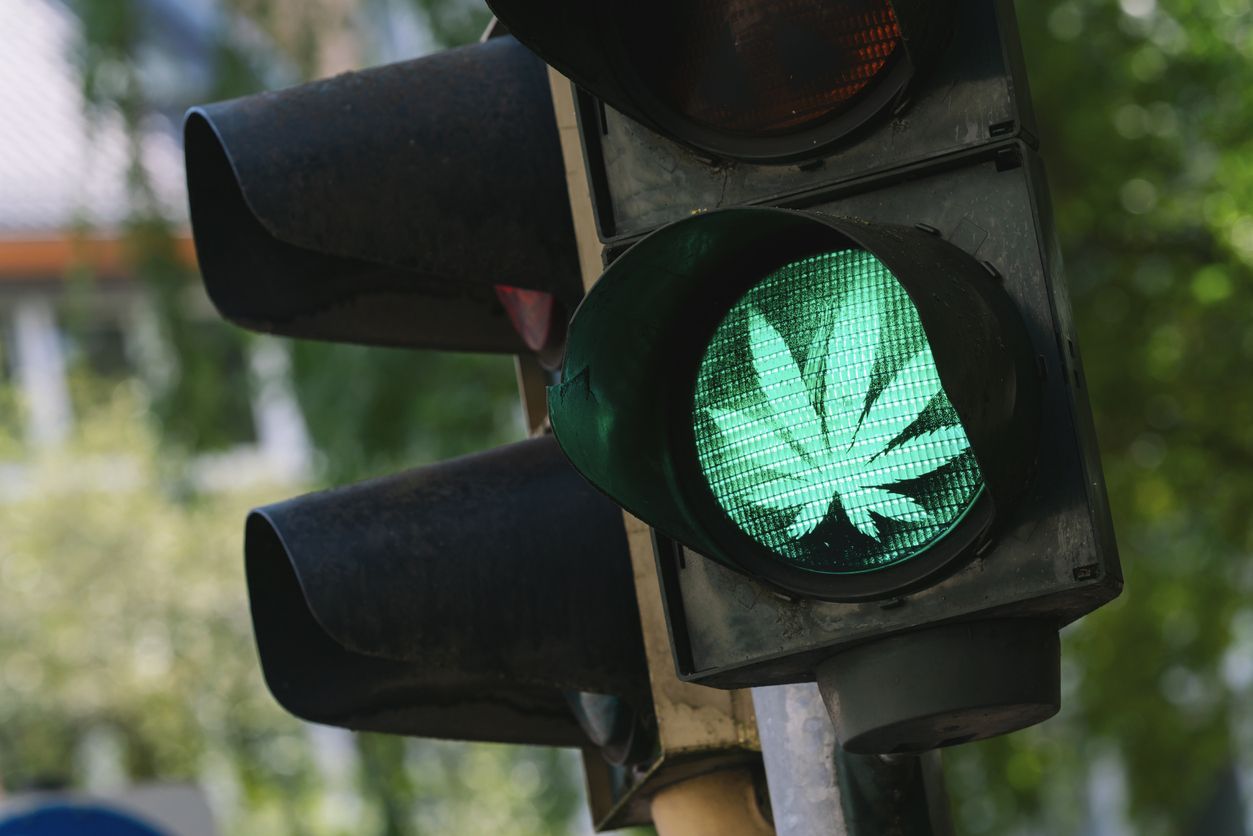Canada treats alcohol like it's safer than pot and that must change

It’s important to celebrate every single victory on a path towards a better future, and few would disagree with the fact that the legalization of cannabis has been a massive victory, but the stigma remains. Canadians see it from every different perspective, and it’s something that is incredibly restrictive for regular consumers. Advertising is not allowed, public events are turned down for proper licensing, and now impaired driving laws are taking things even further by introducing faulty technology.
Zero tolerance for cannabis and driving
In Canada, it’s not uncommon for people to enjoy a glass or two of wine with dinner before driving home, and this practice has long been considered to be socially acceptable. Our current detection tools for alcohol are designed to leave plenty of leeway for anyone who wants to have a drink before getting behind the wheel, with the hope that laws against blowing over will deter drinkers from having too much.
This kind of self-regulation shows a respect for the act of drinking alcohol, a substance that is toxic to the body, hard on the liver, and overall terrible for every part of your health. Cannabis consumers, on the other hand, are given no window of opportunity to work within. Right now, saliva tests are the only legitimate way for officers to test drivers for cannabis in their system, but they are not accurate to any measurable amount.
Instead, they detect cannabis consumption for up to 24 hours after smoking a joint or eating edibles, which is a far cry from the estimated 2-3 hours that an average joint might impair your ability to drive. Some of the latest research goes so far as to say that smoking some bud should not impact the quality of a person’s driving for any more than 30 minutes on average. That means that you can take a few puffs off of a joint at dinner, go to sleep, wake up the next morning and still test positive for cannabis until dinner the next day.
With most consumers being normal, everyday people with jobs and responsibilities for 40 hours or so on average each week, that would leave only a 12-hour window in which it would be safe to enjoy the benefits of pot. This leaves thousands of Canadians at risk of charges and fines for nothing more than a few puffs of weed.
Alcohol vs cannabis
Though there are plenty of reasons for any type of mind-altering substance to be regulated, it is important to recognize the significant difference between these two that is so often compared as equals and yet treated as alcohol is somehow safer and more socially acceptable to consume.
-
Smoking weed will only impact a person’s driving abilities for a couple of hours at most, and edibles can last upwards of 12 hours with an average closer to 6 hours. Alcohol takes a minimum of 12 hours to leave your system, and can severely impact your cognitive ability and reaction time for that entire duration.
-
Alcohol poisoning kills thousands of people every single year, but pot has yet to be found as responsible for hurting anyone.
-
Cannabis holds medicinal potential and benefits, whereas alcohol does very little good and often wreaks havoc on the body over time.
As technology advances, the hope would be that our testing equipment would eventually be able to accommodate more precise rules and guidelines, in the meantime, cannabis enthusiasts everywhere are at risk of doing something against the law, while thousands are drinking and driving home while under the influence of alcohol in a completely safe range. These rules are discriminatory, and further criminalize cannabis consumption.


